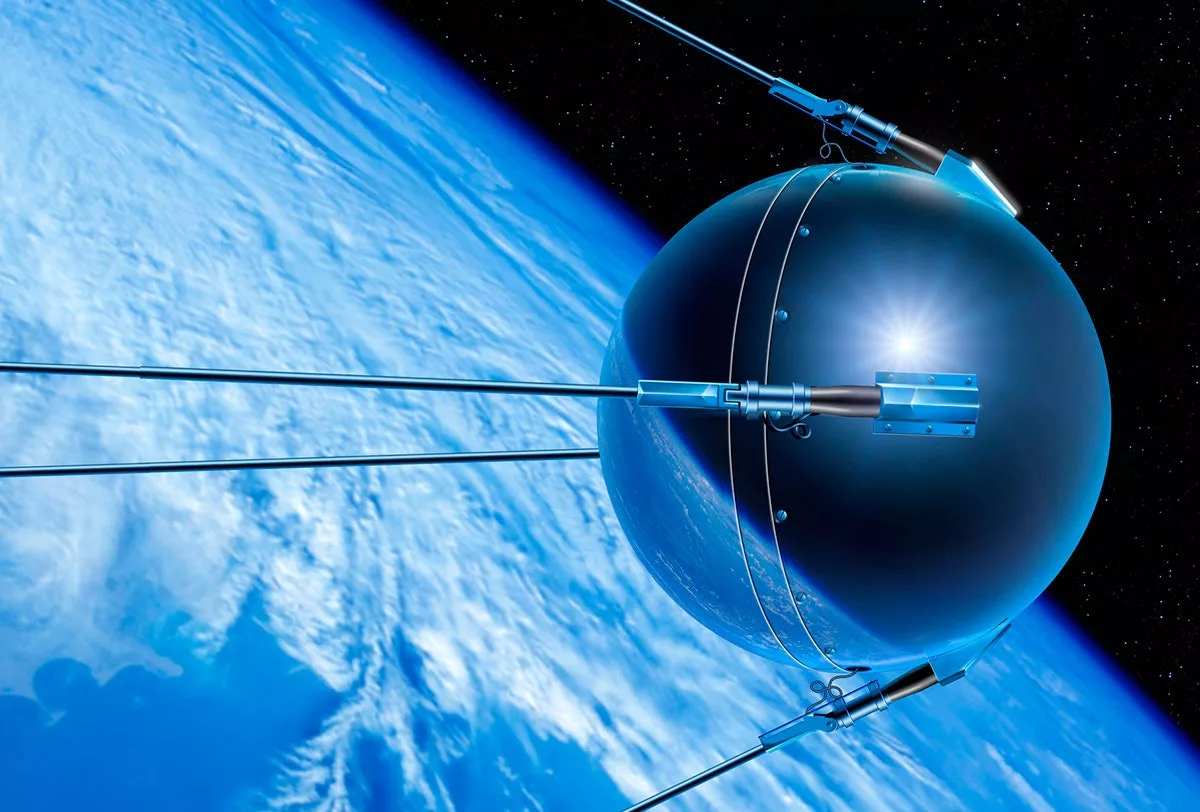Uzbekistan continues to implement an ambitious program for the development of the space industry. According to official data, current estimates of the cost of launching the first national satellite range from 50 to 100 million US dollars. The project is supervised by the national space agency Uzbekkosmos with the participation of leading technology partners and international consultants.
The main efforts are focused on creating a satellite system that will allow Uzbekistan to track illegal construction, monitor the environmental situation, and develop telecommunications and navigation capabilities. Space technologies are planned to be actively used in the interests of agriculture, geodesy, meteorology and national security.
According to representatives of the agency, the launch of the first satellite is scheduled for the coming years. Negotiations are underway with international launch operators, including well-known aerospace companies. The option of launching a satellite into orbit using one of the commercial launch vehicles is discussed.
Among the partners under consideration are American private companies with experience in working with government programs in developing countries. In this regard, possible cooperation with SpaceX is not excluded, given its active presence in the global market for small satellite launches.
Uzbekistan is also taking steps to integrate into the international space community. Training is being conducted in the field of aeronautics, telemetry and satellite communications. In addition, national experts have started providing consulting support to a number of Central Asian and African countries that are developing space technologies.
Special attention is paid to the prospect of participation of Uzbek astronauts in international missions. The Agency declares its intention to train specialists capable of participating in future expeditions to the International Space Station (ISS).
The development of Uzbekkosmos has become part of Uzbekistan's long-term strategy to digitalize the economy, strengthen technological sovereignty and integrate it into global innovation development chains.











